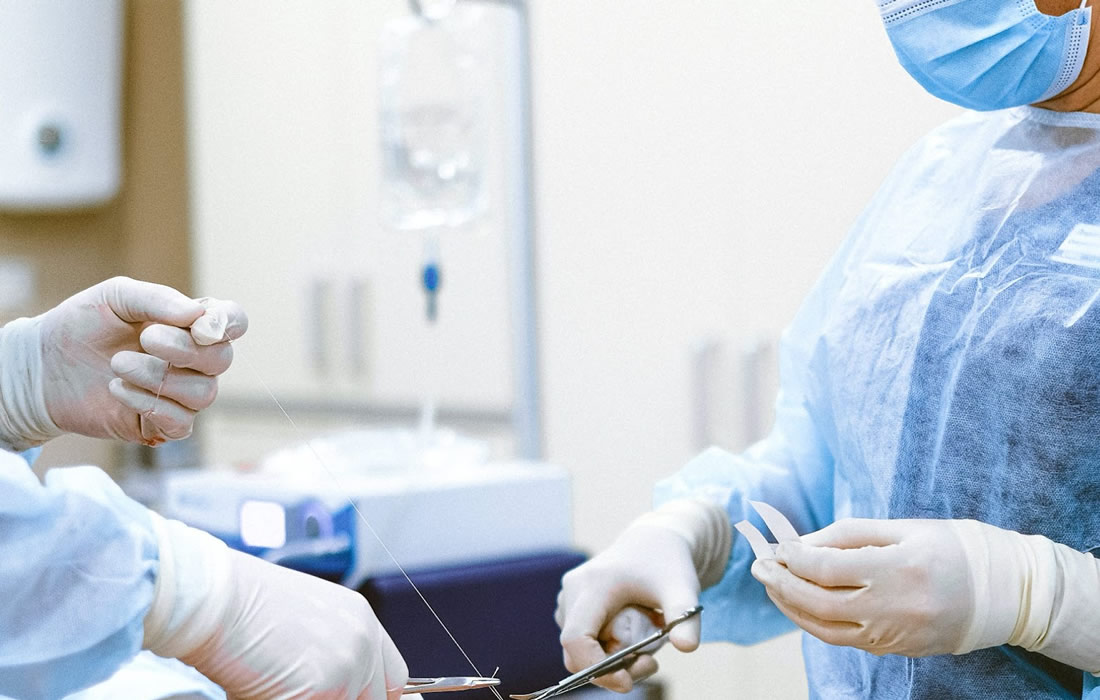Regenerative Medicine News and General Information
Paving the Way to More Effective and Safe Treatment for Acute Pulmonary Embolism
The BASHIR™ Endovascular Catheter (THROMBOLEX, Inc.), recently approved by the U.S. Food and Drug Administration (FDA), is paving the way to more effective and safe treatment for acute pulmonary embolism.
The new study further showed a correlation between decreased numbers of blockages in the small lung arteries and functional recovery of the right ventricle of the heart, which pumps blood into the main pulmonary artery of the lungs.
Compared to other devices, the BASHIR™ catheter also had significantly lower bleeding rates, a key advance in acute pulmonary embolism treatment.
The BASHIR™ catheter is a small tube-like device that consists of a helical basket with six mini-infusion catheters at its farthest end.
When the infusion basket is expanded within a clot in a large blood vessel, new channels open, enabling blood to flow through the clot.
Blood that flows through carries the body’s clot-dissolving chemicals into the channels, accelerating clot breakdown.
The occlusion of small lung arteries is the major reason for the reduction in blood flow in patients with acute pulmonary embolism.
Patients who survive may, over more extended periods, be at high risk of developing chronic thromboembolic pulmonary hypertension (CTEPH), which is a life-threatening condition caused by increased blood pressure in the lungs.
In the new study, Dr. Bashir and colleagues observed reductions in occlusions in segmental and proximal branches of the pulmonary artery 48 hours following treatment with the BASHIR™ catheter.
The blockages decreased even in those arteries that were distant from where the infusion basket was located, enabling improved blood flow and healing of the right ventricle.
“We suspect that the improvements in blood flow are due to both the expansion of the basket and the flow of the body’s clot dissolving molecules into the clot, which cause the blockage to shrink,” Dr. Bashir said.
In future work, Dr. Bashir and colleagues plan to investigate mechanisms behind the observed reductions in arterial blockage.
Sources:
Riyaz Bashir, Gregory Piazza, Brian Firth, Kenneth Ouriel, Akhilesh Sista, Parth Rali, Anthony Comerota, Vladimir Lakhter, Ayman Iskander, Malcolm Foster, Ripal Gandhi, Amir Darki, Robert Lookstein, Kenneth Rosenfield. Effect of Pharmacomechanical Catheter-Directed Thrombolysis on Segmental Artery Occlusions. JACC: Advances, 2023; 2 (9): 100670 DOI: 10.1016/j.jacadv.2023.100670
Temple University Health System. “Endovascular catheter opens blocked arteries deep within lungs.” ScienceDaily. ScienceDaily, 4 December 2023. <www.sciencedaily.com/releases/2023/12/231204135110.htm>.
Materials provided by Temple University Health System. Note: Content may be edited for style and length.
Images from:
Photo by Anna Shvets

